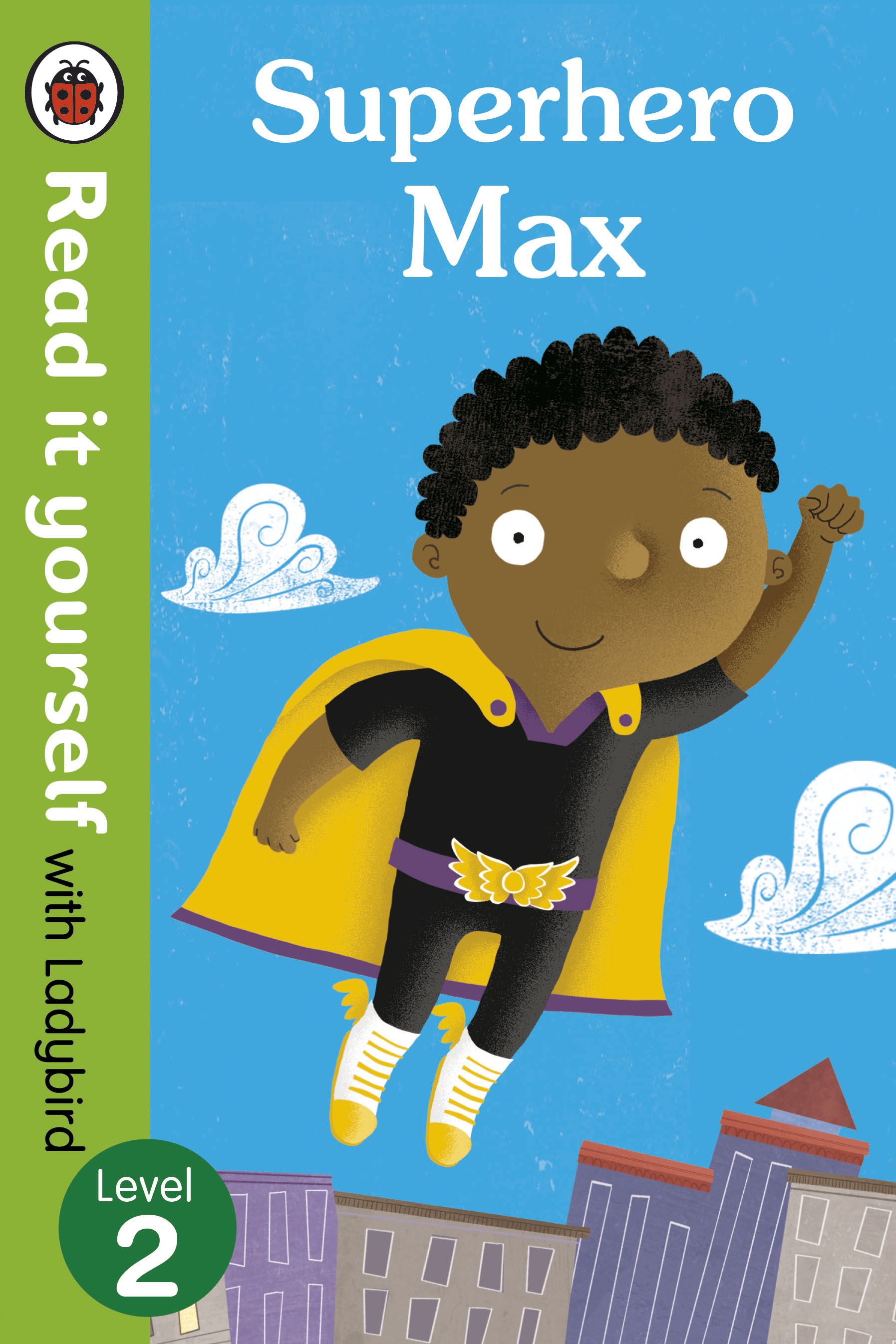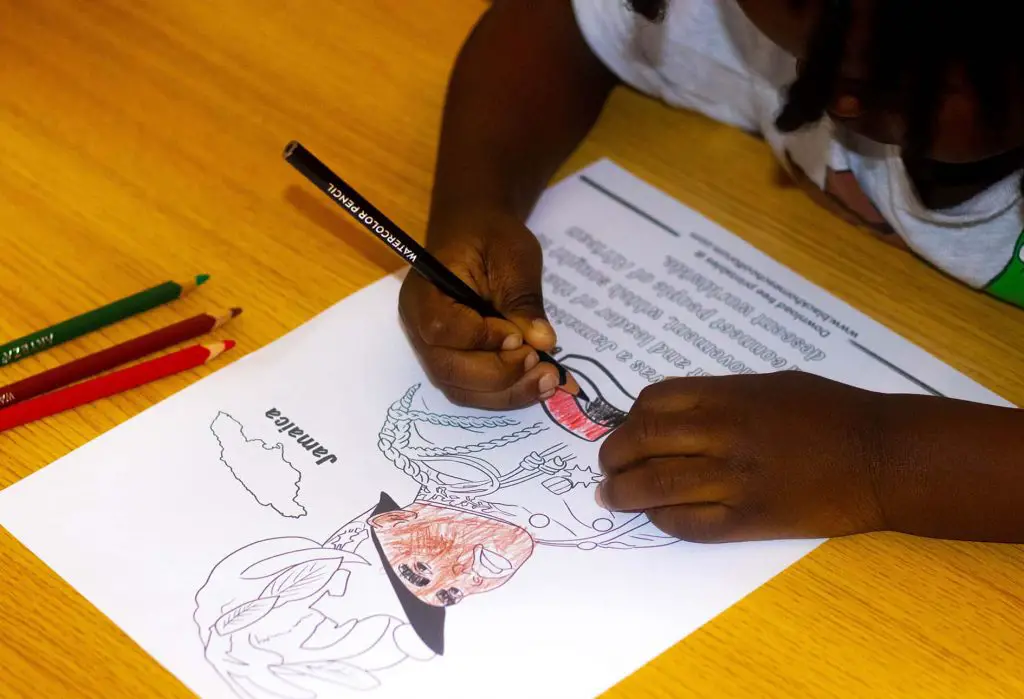According to The Edvocate, research shows that black boys from countries in the west struggle the most with reading skills. In California, 75% of black boys don’t meet the reading standards set by the state. Likewise, in many other countries, black boys lag behind black girls and boys from other ethnicities in reading skills.
Firstly, I am always wary when I consume such statistics – just putting that out there. While I am not disputing that this is true, I am simply stating that statistics have a history of being used by eugenicists to justify many unjust (to say the least) things… I also found this post, on the matter of questioning negative statistics about black students, quite interesting.
In any case, if our black boys are severely behind with reading and comprehension, we want to know about it and we want to fix it, right? So, let’s explore various factors that could be contributing to this challenge and various ways we can change the narrative…
Firstly, according to researchers, the curriculum structure and reading materials do not encourage curiosity in black boys. The text most of these boys are exposed to does not engage them, intellectually and imaginatively, because it does not include their cultures, background/history, and their futures. In the west, most books talk about white culture as universal for all children. However, once black boys cannot imagine the text or themselves in it, they lack the drive to read more. They become disinterested.
Side note: I quickly noticed this when my son, who was 3 at the time, chose a superhero library book with a black main character. He wanted to read it every day, and he did, multiple times. That was the first book well above his level that he read all by himself and improved his reading skills with. Now he is unstoppable!
Black students face disadvantages, from the schools they attend to the schools’ authority figures. In most schools, the teaching profession is dominated by white females, and even if they are well trained and qualified, they may lack the necessary experience to connect with black boys. Society has already placed its stamp of disapproval on black boys so when they go to school and teachers cannot attend to them as they should, their disadvantage is further aggravated.
This is the sort of disconnect black boys feel going through the school system. And on top of that, trying to express such frustration only leads to them being labelled troublemakers. Or be accused of “playing the race card”. With this in mind, society, intentionally and unintentionally, gives less priority to the black boy, in terms of curriculum, schools, and expectations. In many countries, the emphasis is on educating the girl child, and while this is vital, the same should happen for the black boy child.
It is as though society doesn’t realise an intelligent black boy child has a lot to offer, both physically and intellectually (or maybe they do). Black boys will not reach their full potential if they cannot read. They will not be the leaders of tomorrow they ought to be.
The Onus Is On Us
The reason I started this post with a statistic and then questioned it was because whether the numbers themselves are true or not, what does it matter? We know our children, it is either true for them or it isn’t. If it is true for them, then we know there is an issue that needs to be addressed. The onus is on us to fix it. If something is broken in the education system, the home, our community, that is affecting our children’s development, no matter how you loo at it it is our responsibility.
How Do We Empower Our Black Boys?
We need to empower black boys to read more. We need to empower black boys to become outspoken and not fear labels associated with doing so. To speak with conviction, eloquently without judgement, and to become the deserving intellectuals they are.
To inspire reading, we need to encourage reading from an early age. We need to read to them so they can read to us. We need to imagine with them so they can feel understood and write and read their own stories. Parents and teachers need to find common ground in teaching black boys; to understand what interests them and tailor education towards their needs. This would be ideal. Of course, if black boys needs are not a priority at his school, this is not going to happen… and this is the reason more and more black parents are taking their children out of school.
Through reading, a child’s brain opens to new realities and imaginations, and from this, innovation and development. Introducing reading and educational materials that highlight black role models and achievers is one of the ways we can expose black boys to a more relatable reading culture. Once that love for reading has developed, they will naturally progress onto various topics and genres.
The black community are responsible for ensuring black boys are curious enough to want to read more and improve their reading skills. We should start ensuring what they read is relevant to their black lives and experiences while also accommodating other diversities and possibilties.
We need to teach them their history. And, whether homeschooling them or not, include African studies in their curriculum. Simply teaching children black history once a year is not enough. They need to be enlightened on their connection to something greater and know that they are not this minority label they associate themselves with. The MANY fascinating stories that can be created out of our African history in its totality, will do wonders for their curiosity. When children read text that depicts their lives, their futures and have characters they can relate to, and imagine themselves as, they think more. They will want to read more and write more.
Again, whether homeschooling them or not, African history still needs to start from home, and as parents, we need to narrate it and read relevant stories with our black boys.
Please share this post. Sharing is caring 🙂
Practical Tips To Develop Your Child’s Reading Skills (Works for all ages)
- Search high and low to find as many books, slightly above their reading level, that match their interests. For example, if they love football – find football storybooks which feature black footballers or main characters.
- Have them retell each story they’ve read back to you – ask them about it, show genuine interest in the characters and plot.
- Read a new book before them and create a short quiz for them – they will pay extra care when reading it if they know there will be a quiz (and maybe a prize). This excercise is great for develpoing reading and comprehension skills.
- When you come across a new word whilst reading with them, break that word down. Give them context sentence examples that relate to their day to day. This is great for improving and extending their vocabulary.
- Together, read and analyse African proverbs, poems, song lyrics, old caribbean sayings and general quotes they may have heard. Break them down and discuss them. Gather some sources and let them choose.
- Encourage them to read with character voices and inflections. They should be encouraged to ‘perform’ the book when reading back to you. They learn how to do this by you reading to them in this manner. This will develpo their confidence and charismatic skills.
- Make use of free ebooks, online programs and tablet apps. These make literacy learning fun. Apps make literacy learning interactive so they can continue practicing learned methods alone.
To encourage black boys, we also need to come together and change our perspective on them as a group. We need to introduce new standards for black men, from academic excellence, social responsibility, and intellectual contribution. We have to rehabilitate society to heal and empower the black boy. As long as he is uncertain of his future, he knows his contribution matters less, that his voice doesn’t matter, he will not feel at ease chasing his dreams, and reading will matter that much less to him.
Mentorship programs and organisations such as 100 Black Men of London and Manhood Academy are working very hard to change the narrative for our young black boys. If you have been looking for a Rites of Passage/Mentorship for your son please start here.
Society has to redeem itself in the eyes of the black boy, for as long as it doesn’t, black boys and generations to come will lag as they try to carve their place and role in society.





